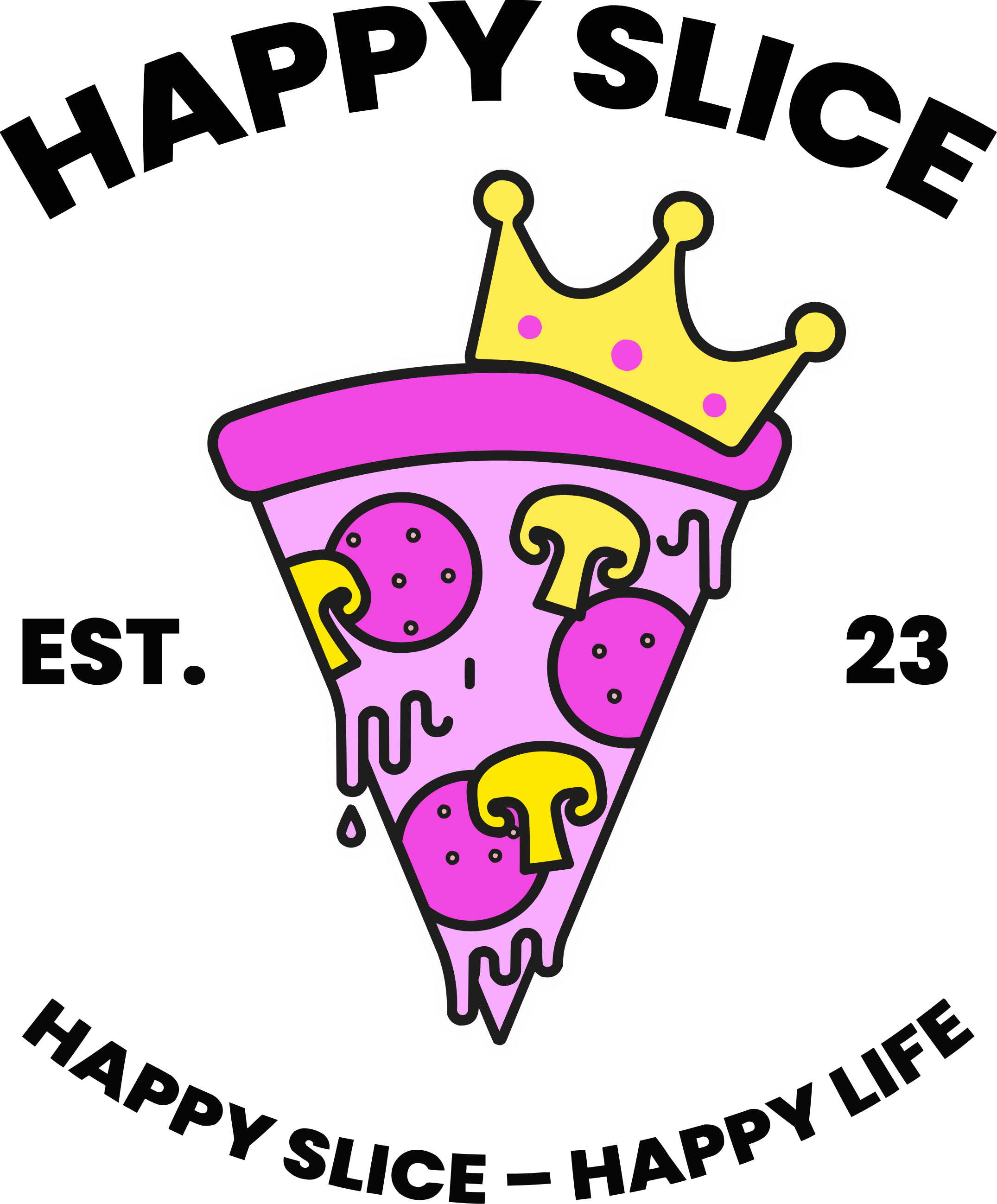One Fish, Two Fish, White Label, Private Label… and Contract Manufacturing














White Label vs Private Label vs Contract Manufacturing
A Quick Review of Private Label
Put in a less complex sense, private label is when a manufacturer makes the product they produce for many companies, but for a buyer with a certain brand to only be sold in their specific store. For example, the same manufacturer for Huggies diapers also manufactures Costco’s Kirkland brand (Costco private label) diapers. The Kirkland brand is only sold at Costco, while Huggies is sold everywhere. Private label is one of Torg’s specialties in helping connect to suppliers. That being said, Kirkland brand diapers are clearly different from Huggies diapers. What allows the private label to differ from the other products produced by the same manufacturer? This is one of the main characteristics that differentiates private labels. Private labels have an agreement between them and the manufacturer allowing them to customize and personalize the product to their linking. This may mean using different ingredients, design, logos, or all of the above. Customization often leads to multiple product development circles between the buyer and manufacturer, creating potential for longer production times and higher Minimum Order Quantities (MOQs). Nonetheless, private labels have many advantages from customization of their products. It creates something unique to the market. Customized products are often better quality because they are using other factors than just the bare minimum of what is needed. While there are some drawbacks to private labels, if you plan accordingly, they won’t be an issue any longer. The many benefits often outweigh the disadvantages and allow private labels to be extremely profitable. Most of the escape from the downsides are truly about finding the right manufacturer. For private labels, this can be difficult due to the special needs of private label establishments. This is where Torg saves the day! Torg connects private labels directly to multiple relevant options for high-demand, private label products.
White Label and Why it’s Different
White labels, as you could assume, are very similar to private labels. While the private label is looking to specifically customize the actual product, white label is much more concerned about the MOQs and getting their product out there as soon as possible. The main point of change with white label products is, well, the label. White label companies will have a custom label or, perhaps, custom packaging, but the product is not changed. In fact, many manufacturers of white labels will keep large, unlabeled supplies of products on hand to quickly label and ship upon request. White label products are sold to multiple retailers instead of just one, exclusive retailer. While these are easier to manufacture and distribute quickly, there is no differentiation between white label products and the other market competitors, besides that customized label. Their competitive advantage is not found in the physical product. White labels will have an advantage in the speed their products can get out for distribution and how much product will be available. Between private label and white label, it truly is a game of give and take. What are you willing to give for the return product? With a private label, you give up time and quantity in return for exactly what product you want. With a white label, you give up getting exactly what you want for getting the product faster and often in larger quantities. So, can Torg help white labels, or just exclusively private labels? The answer is, yes! Torg has a database with over 80.000 suppliers. While there are plenty to connect to private labels, we also have suppliers who are willing to custom package and label standard products. Even if we can’t seem to find much in our database, our team at Torg will stop at nothing to make sure our buyers are able to find the type of supplier needed to manufacture, package, and label their products perfectly.
Contracting Competitively: What is Contract Manufacturing all About?
Like private and white labels, contract manufacturing is also outsourcing production to another firm. Regularly, contract manufacturing is used for producing items for companies who don’t have the capabilities to manufacture the products themselves. For example, skincare, food, or even apparel is often contract manufactured. The contracting brand will provide the unique specifications and the manufacturer will produce by those specifications. Contracts between these two companies will outline the responsibilities regarding quality and customization. To explain the difference between private label and contract manufacturing, I’ll give you two examples. Let’s say we have two companies who are trying to produce a new, organic potato chip. One company is hoping to create a completely new recipe. It can be limited by what ingredients the supplier is working with, but it can also involve additional ingredient sourcing. Contract manufacturing can mean more freedom in terms of product development, but also higher MOQs and longer lead times. The second company is more or less prepared with a recipe, but also ready to make modifications based on flavor, added ingredients, removed ingredients, etc. That would be a private label manufacturer. Private labels are much more involved in the coming together process when compared to contract manufacturing. Contract manufacturing is a very broad term to refer to third party outsourcing. In conclusion, as a more vague, overarching term, contract manufacturing is simply outsourcing to a third party your creating to a third-party. The one thing that truly differentiates contract manufacturing from white and private labels is that the specifications are direct and exact. White labels want to achieve the goal of efficiency, while still maintaining some branding. Private labels don’t mind the time because their goal is to get the exact, unique product. Whether your goal is efficiency, design, quality, or low-cost, Torg can help you achieve it. Our company helps you to find the manufacturer that will ensure your product is exactly what it needs to be. With our constantly growing database, there is a supplier available for all products and all goals. On the manufacturing side, Torg is your greatest asset to easily find contracting jobs. Signing up with Torg opens the door to finding a buyer with a need for thousands of units monthly. Actively participating in your Torg account boosts your priority for relevant jobs, allowing you to become more of a successful supplier than you thought possible.




